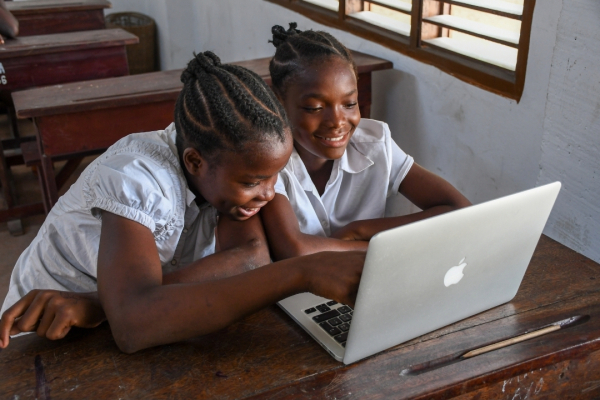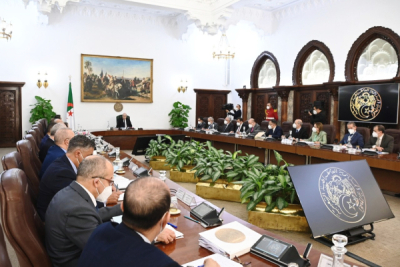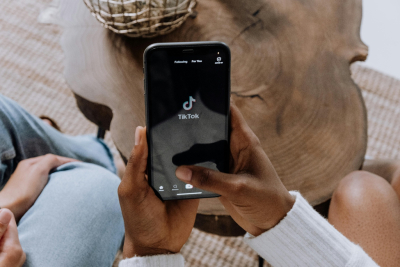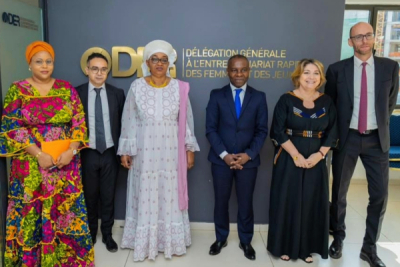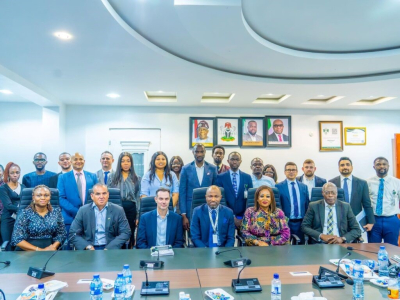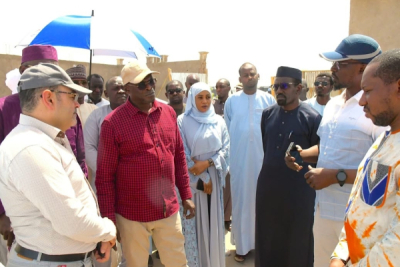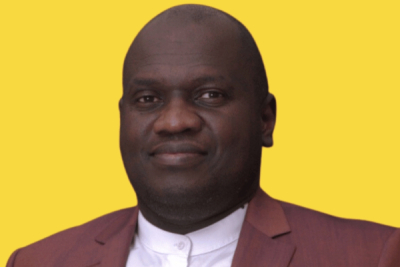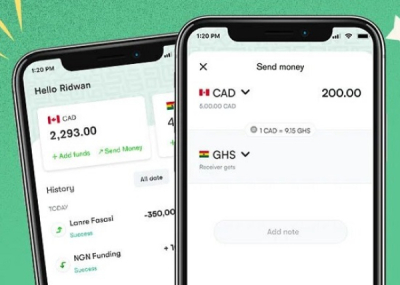Education systems worldwide face significant challenges, including limited access, geographic disparities, and disruptions caused by social unrest or security crises. To address these issues and ensure inclusive education, innovative solutions like remote learning are crucial.
The Democratic Republic of Congo (DRC) signed a historic decree regulating distance learning for primary, secondary, and technical education, the Ministry of National Education and New Citizenship announced on Wednesday. This initiative is part of a broader effort to modernize the Congolese education system, making it more inclusive and accessible to all, in line with President Félix-Antoine Tshisekedi Tshilombo’s vision.
"Through a multimodal model combining digital platforms, radio, television, and offline materials, this decree ensures that all students, including those in low-connectivity areas, can continue their education. This is a decisive step toward educational equity and reducing territorial inequalities,” the ministry said in a statement.
The decision comes at a time when the eastern part of the country is facing significant security challenges, including armed conflicts that hinder access to education for many children. According to UNICEF, approximately seven million children did not return to school for the 2023-2024 academic year due to factors such as poverty, lack of infrastructure, child labor, and, in some regions, ongoing instability.
Distance learning is thus emerging as a strategic solution to ensure education continues despite these obstacles. Moreover, this approach will help prepare Congolese youth for the challenges of the 21st century by fostering essential skills such as autonomous learning and digital literacy. UNESCO highlights that distance learning strategies strengthen the resilience of the education sector, offering opportunities to bridge the gap between rural and urban populations.
By Samira Njoya,
Editing by Sèna D. B. de Sodji


